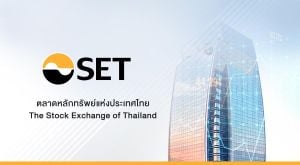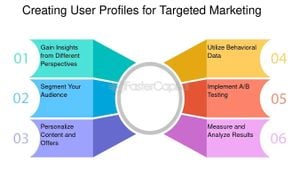The Brazilian government has officially begun disbursing payments for the Pé-de-Meia program, aimed at supporting high school students, as part of its broader initiatives to improve education across the nation. Starting February 25, 2024, eligible students will receive R$ 1,000, with additional funds for those who completed the third year of high school and participated in the recent National High School Exam (Enem).
President Luiz Inácio Lula da Silva announced the commencement of these payments during a nationwide address on February 24, highlighting the significance of this initiative for students who have successfully completed their studies. “Students who have passed their year, but those who completed high school can withdraw starting this Tuesday,” Lula stated, emphasizing the program's role in aiding the educational and financial stability of Brazilian families.
According to government plans, over 4 million young individuals are set to benefit from this initiative created by the Ministry of Education (MEC), which aims to encourage school retention and completion. This financial support is structured as part of monthly payments, with each student receiving R$ 200 monthly throughout their studies, culminating with the one-time R$ 1,000 incentive upon graduation.
The payment plan will see deposits made from February 25 to February 27, 2024, based on the students’ date of birth – students born from January to June will receive their deposits on the first day, and those from July to December will receive theirs the following day. On February 27, students from the first or second year of high school will also receive their R$ 1,000, but those funds will remain inaccessible until graduation.
“The Pé-de-Meia is one of the most important public policies to transform Brazilian education and address our significant challenges within high school,” remarked Hugo Silva, President of the União Brasileira dos Estudantes Secundaristas (Ubes), highlighting the transformative potential of education for Brazil's youth.
Edna Torres, the director of Centro de Ensino Médio Setor Oeste, noted the positive impact on student attendance and performance since the program's inception. “It helps with basic questions for students, such as supplementing their food needs. We also have students from nearby areas using the funds to cover travel expenses to school. This has resulted in increased attendance,” she shared, reitering the program's role as not just financial aid but as a lifeline for many families.
Among the students benefiting from this initiative is Aline Rocha Soares, who works part-time as she completes her third year of high school. “Half of what I earn helps my family, with the other half being set aside for my studies and emergencies,” she explained, showcasing how the support from Pé-de-Meia empowers her to balance work and education.
Students eligible for the Pé-de-Meia program must be enrolled in public high schools and come from families registered with the federal government’s Cadastro Único for Social Programs (CadÚnico). The program automatically enrolls students who meet these criteria, eliminating bureaucratic barriers to access.
The MEC is also facilitating easy access to the program through digital platforms. Students can check their eligibility and payment details through the Jornada do Estudante app, which employs simple log-in procedures using the students’ CPF numbers.
Danilo Belchior, another student at Centro de Ensino Médio Setor Oeste, expressed gratitude as he learned about his eligibility for the program. “My main objective was to find work to help my family. Now, I can focus entirely on my studies without having to worry about employment,” he indicated, showcasing how the financial aid is enabling students to concentrate on their education rather than part-time jobs.
The positive feedback from students and educators emphasizes the broad impact this program could have on the future of Brazilian youth. By ensuring students are supported throughout their education—with financial incentives tied to academic performance—Pé-de-Meia is positioning itself as a cornerstone of Brazil's educational reform.
Overall, these disbursements signify not just financial aid, but also the Brazilian government’s commitment to enhancing the educational framework within the country, nurturing the next generation of professionals, and potentially altering the prospects for millions of families across Brazil.
Students are encouraged to remain informed about the program by accessing resources available through the MEC and Caixa Econômica Federal, with future payment schedules and details expected to be announced later this year.



